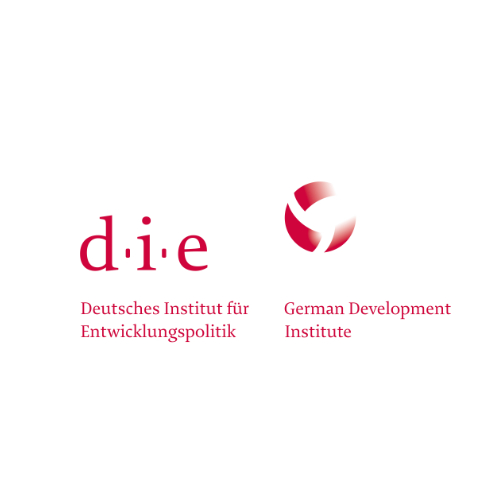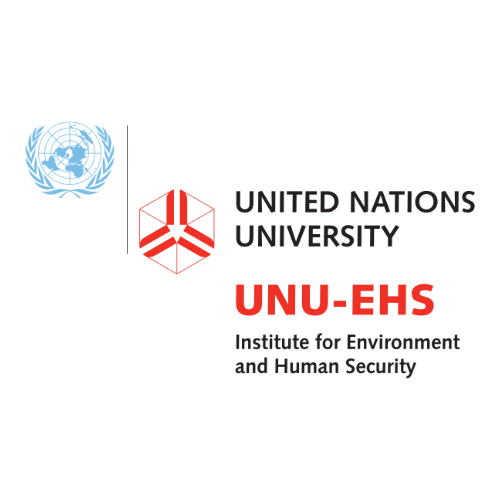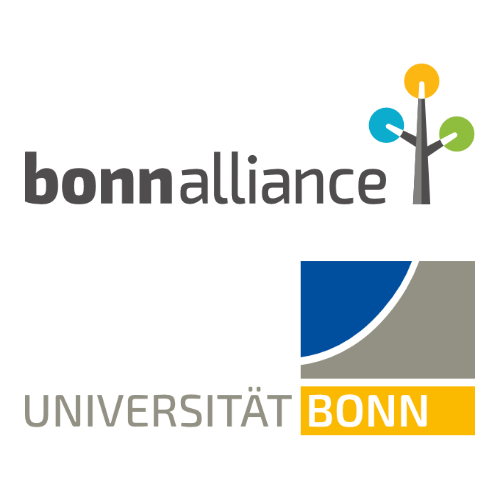News

Impulses for the Bundestag election
In the run-up to the Bundestag elections, DIE would like to invite to a debate on the understanding of development and the orientation of development policy. As a frame for the series, Prof. Dr Anna-Katharina Hornidge and Prof. Dr Imme Scholz have outlined guidelines for German development policy in the 21st century.

World Refugee Day
World Refugee Day is an international day designated by the United Nations to honour refugees around the globe. It falls each year on June 20 and celebrates the strength and courage of people who have been forced to flee their home country to escape conflict or persecution. World Refugee Day is an occasion to build empathy and understanding for their plight and to recognize their resilience in rebuilding their lives.

Germany’s global partners. Who should the next federal government co-operate with on sustainability?
What partners does Germany need, and what partners need Germany in order to tackle the global challenges of the 2020s? Sven Grimm and Wulf Reiners explain why the need for joint action at global level and with central bilateral partners is set to increase further in the coming legislature period – independent of party-political considerations.

Federal Conference on Municipal Development Policy
How exactly and to what extent do German local authorities promote development policy? Is there a discernible trend here? What motivates local authorities and how can existing work be stepped up further? Eva Dick, Paul Marschall and Christopher Wingens share insights into a current DIE study on municipal development policy in Germany.

Master’s students and alumni pick up trash in Bonn’s Rheinaue park on World Environment Day 2021
This past Saturday marked World Environment Day, and in the spirit of the day, students and alumni from the Joint Master’s of Geography of Environment and Human Risk programme gathered in Bonn’s Rheinaue park to pick up trash.

Six facts on oceans, life and livelihoods
The ocean covers over 70% of the planet and produces at least 50% of the planet’s oxygen. For this and many other important reasons, and to celebrate the World Oceans Day, our UNU-EHS expert Dr. Jack O’Connor explains some interesting facts about the ocean and its relationship with life and livelihoods.

GLOMOS programme supports international humanitarian relief efforts in Saint Vincent volcano eruption
Since April the La Soufrière volcano, located in the north of the largest island of the country of Saint Vincent and the Grenadines in the Caribbean, has erupted multiple times. Strong explosions generated ash plumes, which are not only impacting the entire island of Saint Vincent, but also transporting massive amounts of ash to the neighboring island country of Barbados in the Lesser Antilles of the West Indies.

Climate and Disaster Risk Financing Instruments: An Overview
As climate change increases the frequency and impacts of large scale natural hazards, it is critical that governments put in place or update actionable, comprehensive, transparent and inter-ministerial disaster risk management (DRM) plans. For these plans to be implementable and cost-effective, governments should include a climate and disaster risk financing (CDRF) strategy as an integral component of their DRM plan. This document provides a brief overview of the instruments that are available and may be considered as part of the CDRF strategy.

Openness: A Key Factor for Smart Cities
In this chapter, the concept of openness in the context of smart cities is introduced. The concept describes on multiple levels how open (or closed) a city is. Openness in smart cities incorporates three key dimensions – transparency, participation, and collaboration – which affect various domains such as data processing or service provision. Using examples from ongoing and previous research, this chapter also discusses how to realize openness in practice and what benefits and drawbacks can result from different degrees of openness.